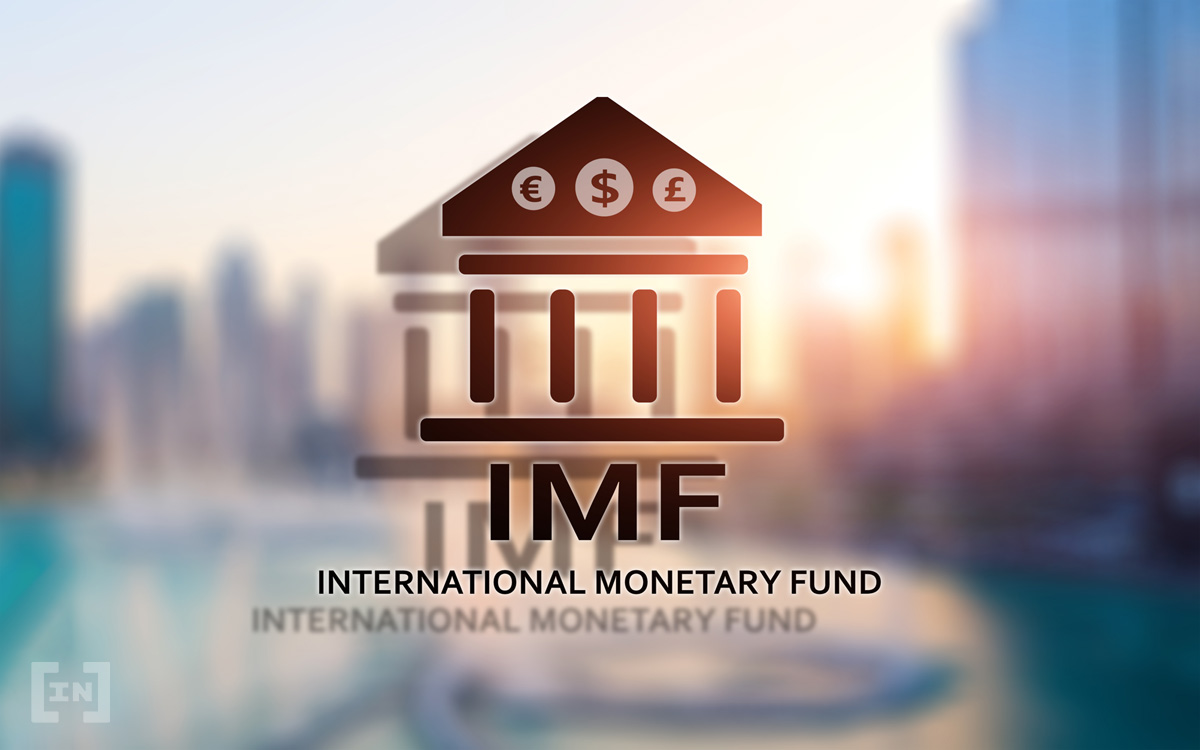
The International Monetary Fund (IMF) has warned that countries like Russia and Iran could use cryptocurrency to evade sanctions.
ຢູ່ໃນ ບົດລາຍງານ, the IMF said countries could leverage their surplus energy supplies, which they cannot export, to power mining, a more energy-intensive way of validating crypto transactions.
Following Russia’s invasion of Ukraine, western powers resorted to wide-ranging sanctions designed to pressure the Kremlin into backing off from military action.
IMF warns countries could expand mining operations
The IMF report states that while sanctions evasion through ການຂຸດຄົ້ນ cryptocurrency is negligible today, governments could expand their mining operations in the future to create income from transaction fees.
Not long after sanctions took effect, lawmakers identified cryptocurrencies as a possible way Russia could bypass international sanctions. And U.S. Senator Elizabeth Warren introduced a ບັນຊີລາຍການ to enforce U.S. sanctions across the global cryptocurrency industry.
European Central Bank (ECB) President Christine Lagarde said last month that evidence pointed to Russians exchanging rubles for cryptocurrencies or stablecoins.
“When you see the volumes of rubles into stable, into cryptos, at the moment, it is the highest level that we have seen since maybe 2021,” she told a virtual conference.
At the time, many industry players called into question claims made by Lagarde and government officials like Warren. Among them was Michael Chobanian, president of the Ukraine Blockchain Association. “I’m the person who is behind all the numbers, I know how this happens, and it’s impossible, physically impossible, to transfer large amounts of money from fiat into crypto,” he said.
Jonathan Levein, Chainalysis co-founder, said that there had been no evidence to suggest that Russia or President Putin were using crypto to evade restrictions.
Sanctioned individuals would struggle to hide wealth
The U.S. Treasury said sanctioned individuals or companies would struggle to hide wealth via cryptocurrencies. “Even at the level of individual elites, laundering billions of dollars through digital wallets would expose themselves to those tracking flows within virtual currency markets,” a spokesperson ບອກ DW.
Furthermore, the director of cybersecurity for the U.S. National ຄວາມປອດໄພ Council, Carole House, said, “The scale that the Russian state would need to successfully circumvent all U.S. and partners’ financial sanctions would almost certainly render cryptocurrency as an ineffective primary tool for the state.”
Chainalysis also ຂັດແຍ້ງ that by almost any metric, the cryptocurrency markets lack the liquidity to support a massive evasion of Russian sanctions.
“Our findings suggest that the markets are not liquid enough to support the movement of the hundreds of billions controlled by sanctioned Russian oligarchs,” said the company in a blog post.
ແລະ Binance CEO Changpeng Zhao summarized the situation succinctly in an ການສໍາພາດ ກັບ ຜູ້ປົກຄອງ. “Crypto is too small for Russia. If we look at the crypto adoption today, there is probably about 3% of the global population with some kind of crypto exposure (i.e. owning some crypto). Of those, most only have a small percentage of their net worth in crypto. There is probably only less than 0.3% of the global net worth in crypto today. This percentage applies equally to Russia,” he said.
ຂໍ້ສັງເກດ
ຂໍ້ມູນທັງ ໝົດ ທີ່ມີຢູ່ໃນເວບໄຊທ໌ຂອງພວກເຮົາແມ່ນຖືກເຜີຍແຜ່ດ້ວຍຄວາມຈິງໃຈແລະເພື່ອຈຸດປະສົງຂໍ້ມູນທົ່ວໄປເທົ່ານັ້ນ. ການກະ ທຳ ໃດໆທີ່ຜູ້ອ່ານປະຕິບັດຕາມຂໍ້ມູນທີ່ພົບໃນເວບໄຊທ໌ຂອງພວກເຮົາແມ່ນມີຄວາມສ່ຽງຂອງພວກເຂົາເອງ.
Source: https://beincrypto.com/imf-warns-that-crypto-mining-could-aid-countries-hit-by-sanctions/
